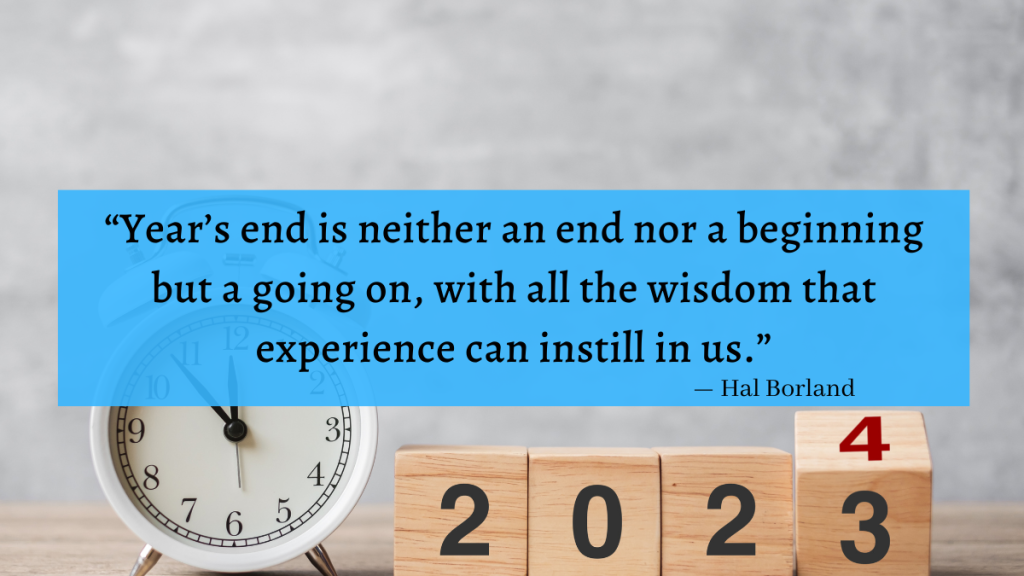Hello friends, and Happy New Year! Since I’ve written several New Year’s posts on this blog, I thought I’d try my hand at it again in 2024. In past years, my messages around the new year have varied greatly. Early on in this blog’s history, I wrote about my rejection of New Year’s resolutions and the pressure they put on us. A few years ago, I reflected on how I’d like to start the new year off right. And last year, I reflected on how I wanted to approach 2023. In reading these posts, I’ve come to see the ways I’ve changed (and yes, grown) in the years of writing this blog. This year, I’d like to take the focus off me and put it back on mental health. There are many ways we can try to grow in the new year, but how can we do it with our mental health? Here are five mental health tips as you build and grow your mental wellness in 2024.
Start where you are.
When it comes to mental health and wellness, it’s important to know where to start. And the fact is, we’re all at different points on our mental health journeys — and that’s okay. Not only is it okay, but it’s as it should be. I can’t tell you how many times I grew frustrated when I would fail at something related to my mental health while seeing someone else succeed. I thought I was doing something wrong when in fact, it just wasn’t the right time for me. Now is the time for an honest assessment: how is your mental health? Are you prioritizing it in the way you deserve? This looks different for everyone, so it’s important to be honest and open with yourself.
Awareness is just the first step.
One of the most important things I’ve learned about mental health is that when we discover something about ourselves we’d like to work on, it doesn’t magically go away. That’s often when the real work begins. Many of us have experienced cognitive distortions, negative thoughts and other mental health challenges for years without fully understanding what they are. Awareness is valuable, but it’s not a cure. Once I accepted this, it was easier to move forward.
There will be bumps in the road.
There’s a common misconception that once someone starts working on their mental health, life will get…easier, let’s say. Or that we’ve “fixed” the problem because we’ve acknowledged that something isn’t as it should be. And while we should give people their flowers for choosing themselves and prioritizing mental health, I wouldn’t want someone to think that’s all they have to do. There will be bumps along the way, the same way there are for so many things we do in life. Mental health is a lifelong journey, and accepting that there will be both ups and downs helps in the long run.
Find techniques that work for YOU.
This point is very important to me because it’s one of my core beliefs surrounding mental health. In the culture we’ve created, things become popular when they work for a wide number of people, which can create unrealistic expectations. I can’t tell you how many times I’ve gotten frustrated with a “life hack” or “mental health tip” that seemed to work for so many people – but not me! It’s taken a long time to come to the understanding that I don’t need to find things that “work”; I need to find what works for me. Once I shifted that lens, I was able to focus more on myself, making my mental health more manageable.
Not everything is relevant to you – and that’s okay
This is similar to what I just wrote, but I’d like to elaborate because it’s an important point to make. Not everything we learn about mental health will be relevant for us. There are so many different tips and tricks, countless diagnoses and ways to evaluate mental health and wellness, and various ways to approach all these challenges. While you do want to focus on your own mental health, seeing the bigger picture is extremely valuable for everyone. Mental health impacts everyone, and the more we connect the dots, the more we can see how it helps shape the world around us.
Now, over to you! What mental health tips would you like to share as we start another new year? Let me know in the comments below!



